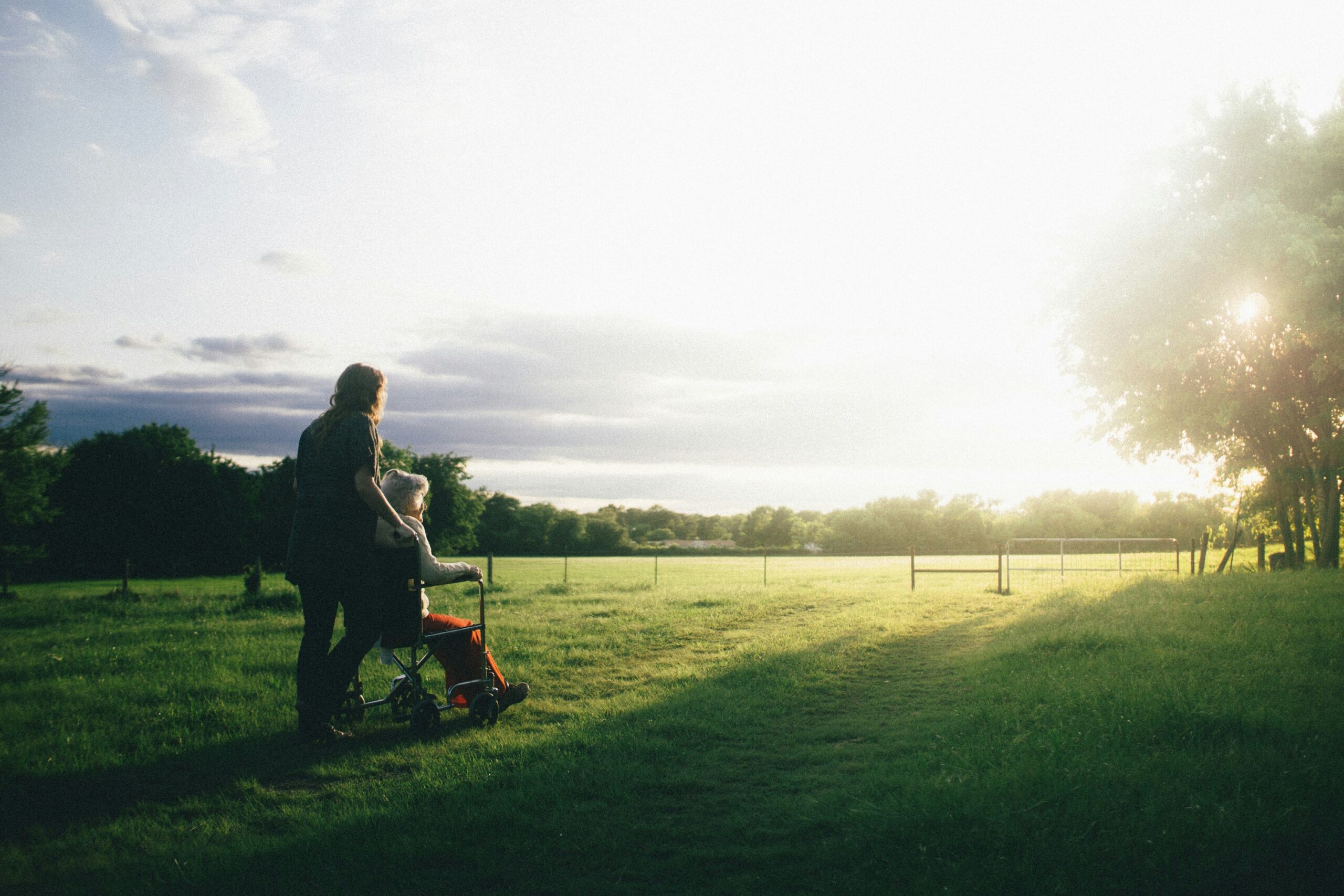
How can we reorient economies to prioritise people and the planet over profit? We explored the care economy in a side event during the Summit of the Future. This emerging model values human wellbeing and sustainability above traditional profit-driven approaches, which undervalue and neglect care work.
We continue our series exploring alternative economic models.

The care economy involves both paid and unpaid work focused on meeting people’s social and material needs. Advocates claim it is essential for maintaining individuals’ wellbeing and for the functioning of society and the economy. It’s emerging as an alternative economic model that prioritises human wellbeing and sustainability over traditional profit-driven approaches.
Emphasising care
In September, we attended the Summit of the Future at the United Nations headquarters in New York. While there, we attended a side event hosted by Oxfam and other partners, “Transforming Economies Beyond GDP: Towards a Caring and Feminist Future”. Bisrat Kubi Dessalegn from Akina Mama wa Africa provided insights, including:
Care is the backbone of society, yet GDP fails to recognise or value it because it can’t be monetised.
Bisrat emphasised the importance of recognising, redistributing, and valuing care work. She noted that women contribute 12.5 billion hours daily to unpaid care work, which, if monetised, would account for over $10.3 trillion annually. This highlights the need for an economic metric that centres care, wellbeing and the planet, rather than GDP alone. Furthermore, care work is tied to climate justice.
As Bisrat also noted:
…whenever we talk care, we talk about climate justice and climate justice is at the centre of GDP. And whenever we see GDP increasing, we see the climate change effects in countries, especially Global South, because of the industrialisation of the Global North.”
This highlights the importance of climate action that considers the effects on women and care work. Additionally, the care economy is a low-carbon sector, contributing significantly less to pollution compared to other industries. In fact, investing in care creates jobs that are three times less polluting than equivalent investments in sectors like construction. This makes it a greener and more sustainable option.

In search of something more than GDP
Moving beyond GDP is both a call to abandon a dysfunctional economic indicator as a guiding metric for policy and a broader invitation to think about living in an economy that focuses on social prosperity – and on a liveable planet – rather than pursuing GDP growth for its own sake.”
From the Oxfam paper “Radical Pathways Beyond GDP: Why and how we need to pursue feminist and decolonial alternatives urgently”
Its advocates claim the Care Economy could play a critical role in tackling global challenges such as climate change, ageing populations and humanitarian crises. Investing in this sector could support climate resilience, improve the quality of life for older adults and promote economic stability by creating jobs, especially for women. Studies show that investing 2% of GDP in the care industry could create up to 22 million jobs across seven OECD countries. That’s double what a similar investment in construction would yield.
The International Labour Organization adopted a global resolution this year which highlights the essential links between the care economy, gender equality, decent work, sustainable development and social justice. At Population Matters, we recognise how declining birth rates worry many GDP-focussed governments. In this context, we can see how the Care Economy could be relevant. We believe it’s time for policymakers to embrace population ageing and invest in preventive healthcare, making the Care Economy central to a more just and sustainable future.











